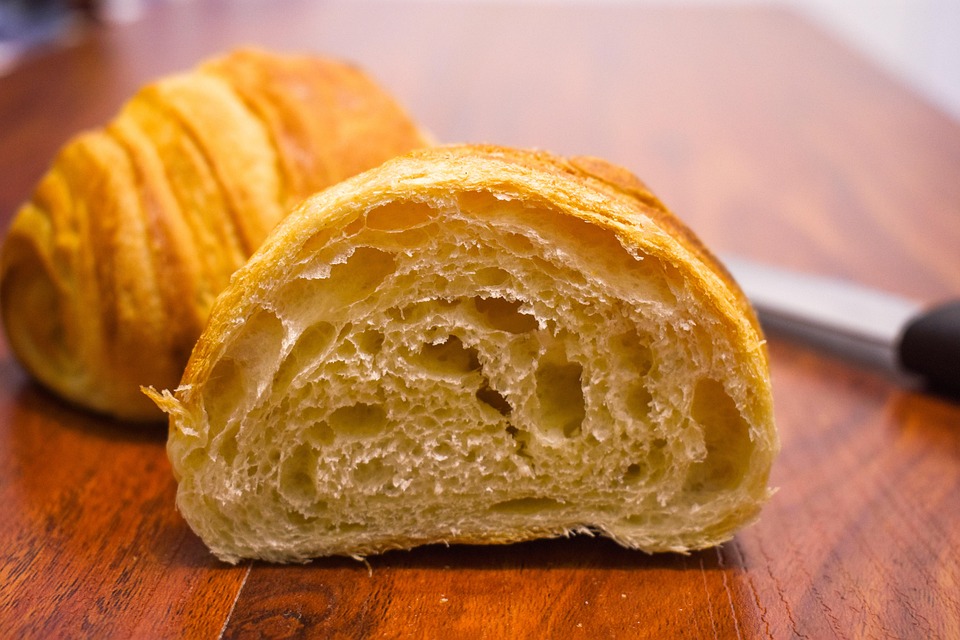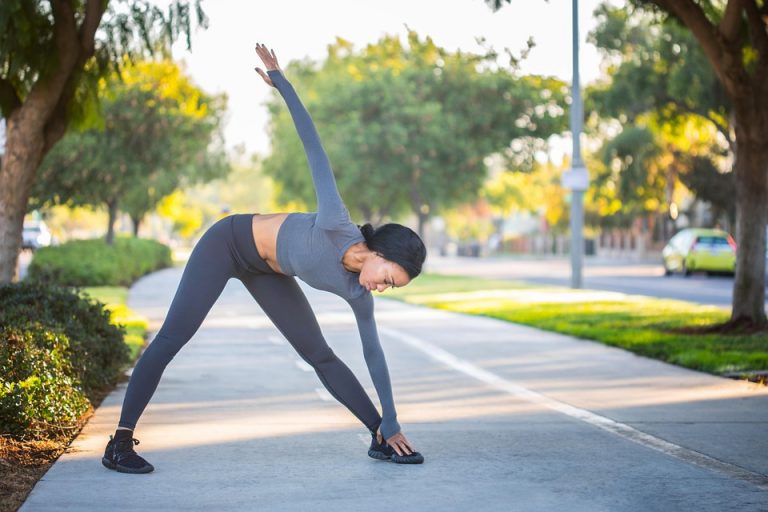Want to know how to boost your collagen naturally? Let’s dive into that delicious world of food that not only tantalizes your taste buds but also supports your skin, joints, and overall health. Collagen is the protein that keeps your skin youthful and your joints flexible. As we age, our bodies produce less of it. But don’t fret! You can easily boost your collagen levels with the right foods.
Contents
What is Collagen and Why Does It Matter?
Collagen is the most abundant protein in your body, making up about 30% of your total protein content. Think of it as the glue that holds everything together—your skin, bones, muscles, and connective tissues. When collagen levels decline, you might notice wrinkles, sagging skin, and achy joints.
You want to feel vibrant and youthful for as long as possible, right? That’s where food comes into play. By incorporating the right nutrients into your diet, you can naturally enhance your collagen production and maintain that youthful glow.
The Top 10 Foods to Boost Your Collagen Naturally
1. Bone Broth
Let’s start with bone broth, the ultimate collagen powerhouse. Made by simmering animal bones and connective tissues, this warm and comforting elixir is rich in gelatin—an excellent source of collagen.
Why It Works:
- Rich in Collagen: The slow cooking breaks down collagen into gelatin, which is easily absorbed by your body.
- Supports Joint Health: It contains amino acids like proline and glycine that are essential for collagen synthesis.
How to Enjoy: Sip it warm, use it as a base for soups, or incorporate it into sauces for added depth.
2. Citrus Fruits
When you think of collagen, think of vitamin C! Citrus fruits like oranges, lemons, and grapefruits are loaded with this powerhouse vitamin, essential for collagen synthesis.
Why It Works:
- Boosts Collagen Production: Vitamin C is a critical co-factor in collagen formation.
- Antioxidant Protection: It helps protect your skin from oxidative stress.
How to Enjoy: Start your day with a glass of fresh orange juice, toss some lemon into your water, or snack on grapefruits.
3. Berries
Berries, particularly strawberries, blueberries, and blackberries, are not just delicious but are also bursting with antioxidants and vitamin C.
Why It Works:
- Supports Collagen Formation: The antioxidants help protect collagen from damage.
- Promotes Healthy Skin: They keep your skin looking plump and youthful.
How to Enjoy: Toss them into your morning yogurt, blend them into smoothies, or enjoy them as a snack.
4. Leafy Greens
Spinach, kale, and Swiss chard are not just for salads; they’re also essential for collagen production. These greens are rich in vitamins A and C, which help in collagen synthesis.
Why It Works:
- Rich in Nutrients: They contain chlorophyll, which may increase collagen levels.
- Supports Skin Health: Their antioxidants protect your skin from damage.
How to Enjoy: Add them to smoothies, salads, or sauté them with garlic for a tasty side dish.
5. Nuts and Seeds
Almonds, walnuts, and chia seeds may be small, but they pack a nutritional punch. They are excellent sources of vitamin E, zinc, and proteins that aid in collagen production.
Why It Works:
- Provides Essential Fatty Acids: These healthy fats help maintain skin elasticity.
- Antioxidant-Rich: They protect your skin from oxidative stress.
How to Enjoy: Snack on them raw, sprinkle them over salads, or blend them into your smoothies.
6. Fish and Shellfish
Fish, particularly salmon and tuna, are rich in omega-3 fatty acids and collagen. Shellfish, like shrimp and crab, also contain valuable nutrients that support your skin.
Why It Works:
- Omega-3 Fatty Acids: They help maintain skin’s moisture and elasticity.
- Protein-Packed: Fish is a high-quality source of protein essential for collagen production.
How to Enjoy: Grill or bake fish, add it to salads, or enjoy shrimp cocktails.
7. Eggs
Eggs are not just a breakfast staple; they are also a fantastic source of protein and amino acids that are crucial for collagen production.
Why It Works:
- Rich in Proline: This amino acid is vital for collagen synthesis.
- High in Protein: Supports the overall structure of your skin.
How to Enjoy: Scramble them, make an omelet, or enjoy them hard-boiled as a snack.
8. Legumes
Beans, lentils, and chickpeas are not only filling but also rich in protein and nutrients that support collagen production.
Why It Works:
- Plant-Based Protein: They provide the amino acids necessary for collagen synthesis.
- High in Fiber: Great for overall health and digestion.
How to Enjoy: Add them to salads, soups, or make a hearty stew.
9. Avocados
Avocados are the creamy, green superfood that’s not only delicious but also helps keep your skin supple and elastic.
Why It Works:
- Rich in Healthy Fats: They provide the essential fatty acids that promote skin hydration.
- Contains Vitamin E: Protects your skin from oxidative damage.
How to Enjoy: Spread on toast, blend into smoothies, or enjoy in a fresh guacamole.
10. Garlic
Garlic may add flavor to your dishes, but it’s also a hidden gem for boosting collagen. It contains sulfur, which is crucial for collagen synthesis.
Why It Works:
- Supports Collagen Production: The sulfur in garlic helps produce collagen.
- Antioxidant Properties: Protects against skin damage.
How to Enjoy: Roast it, add it to sauces, or enjoy it in your favorite savory dishes.
Bottom Line
Incorporating these delicious foods to boost your collagen naturally into your diet could be one of the best decisions you make for your health and beauty. Each of these foods plays a unique role in supporting your body’s collagen production, ensuring you feel vibrant and youthful.
So, why wait? Start adding these powerhouse foods to your meals today. Your skin, joints, and overall well-being will thank you!
FAQs
1. How long does it take to see results from eating collagen-boosting foods?
You may start to notice improvements in your skin’s elasticity and hydration within a few weeks of consistently incorporating these foods into your diet.
2. Can I take collagen supplements instead?
While supplements can be helpful, obtaining nutrients from whole foods is often more beneficial due to the additional vitamins and minerals they provide.
3. Are there any foods I should avoid for healthy collagen production?
Limiting sugar and processed foods can help maintain your collagen levels, as they can contribute to skin aging.
Make the choice for a healthier, more vibrant you today!
Get Your FREE Natural Health Guide!
Subscribe now and receive our exclusive ebook packed with natural health tips, practical wellness advice, and easy lifestyle changes, delivered straight to your inbox.





